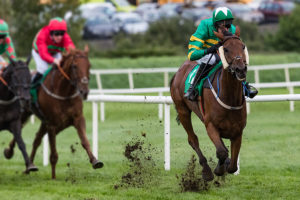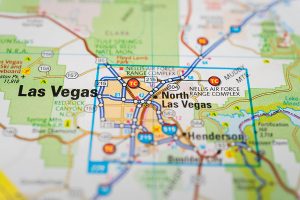US tribes welcome sports betting resolution
Tribes said that the legalisation of sports betting will give them a new source to deliver services to tribal members.
US.- America Indian tribes welcomed the decision of the Supreme Court to lift the federal ban on sports betting as they will be able to offer it at hundreds of casinos all across the country. While it isn’t expected that it will boost tribes’ finances, it will increase their offerings.
Sheila Morago, executive director of the Oklahoma Indian Gaming Association, said: “The conversation is always, ‘Why don’t you do like Vegas? Everybody always wants to give their customers things they have asked for.”
Many tribes all across the country have signed agreements with the state governments in which it is detailed that they give a share of casino profits in exchange for exclusive rights to offer gambling services. Some tribes believe that those agreements give them the exclusive control of sports betting, while others said that they’re willing to work out the details with the states.
“It’s going to be important for the tribes that their position as sovereigns and their existing compacts within their states are recognized,” said Valerie Spicer, a co-founder of the consulting firm Trilogy Group. “There’s still a lot of work left to do.”
Under the federal Indian Gaming Regulatory Act, approximately 240 tribes operate casinos in more than half of the US states. Steve Stallings, the chairman of the California Indian Gaming Commission, said that voters would have to approve a change to the state constitution in order to be able to enjoy sports betting.
The chairman said that the group that represents 34 tribes in California wants more details on what sports betting would mean for the state before it legalises it. “Expansion of gaming is a slippery slope. Tribes feel like they have somewhat an exclusivity to it. When the state or other interests violate that, then tribes are concerned.”
Doug Ducey, Governor of Arizona, which received US$100 million from tribal operations last year, said that the Supreme Court’s decision could modernise tribal gambling compacts and potentially boost revenue to the state.
Moreover, Connecticut’s Mohegan Tribe spokeswoman Jennifer Harris Ballester wrote in a statement that they have long felt that Mohegan Gaming & Entertainment was in a great position to offer this type of gaming at their properties.
Ernie Stevens Jr., chairman of the National Indian Gaming Association, said: “I don’t believe this is going to take the place of our slot machines, but it’s another amenity we can enjoy and people can have fun with,” he said. “And we want to be able to move forward with the overall industry.”









